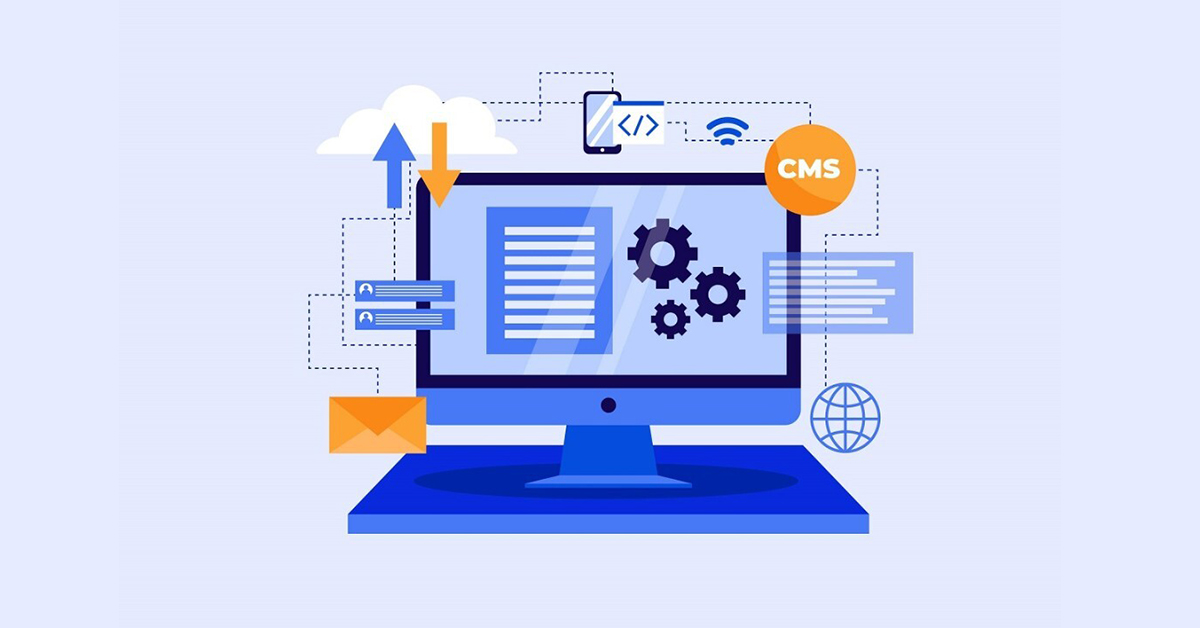
Custom Website vs. Ecommerce Development: Which is Right for You?
In the digital age, having a compelling online presence is paramount. The decision between creating a custom website and opting for e-commerce development can be daunting. This guide will delve deep into both options, highlighting their strengths, weaknesses, and which might be the ideal choice for you.
What is a Custom Website?
A custom website is a tailor-made digital platform crafted to fulfill specific requirements. It breaks free from standard templates, ensuring every facet of the site is unique to the user’s needs.
Benefits of a Custom Website:
Unique Design: Stand out with a distinct digital aesthetic.
Tailored Functionality: Integrate features specific to your needs.
Scalability: Evolve your site in tandem with business growth.
Optimal Performance: Experience faster load times and higher responsiveness.
Drawbacks:
Higher Initial Cost: Premium uniqueness comes at a price.
Longer Development Time: Customization takes time.
Maintenance: Updates might necessitate developer expertise.
What is Ecommerce Development?
E-commerce development is all about creating online storefronts. These platforms are geared to sell, equipped with features like transaction handling, inventory management, and shopping functionalities.
Benefits of Ecommerce Development:
Ready to Sell: Begin your online selling journey effortlessly.
Integrated Payment Systems: Ensure secure transactions.
Inventory Management: Seamless stock and order tracking.
Plugins and Add-ons: A myriad of extensions to enhance features.
Drawbacks:
Limited Customization: Design and functionality might be restrictive.
Transaction Fees: Some platforms take a cut.
Potential Scalability Issues: Growth might require platform migration.
Deciding Factors:
1. Purpose:
Custom: Ideal for branding, portfolios, and specialized business needs.
Ecommerce: Suited for online sales-centric businesses.
2. Budget:
Custom: Suitable for those with a significant budget.
Ecommerce: Perfect for those wanting an economical, ready-to-go solution.
3. Growth Plans:
Custom: Offers unmatched growth flexibility.
Ecommerce: Select platforms known for scalability.
4. Technical Know-how:
Custom: More demanding or may require hiring a developer.
Ecommerce: User-friendly options available for beginners.
5. Time Frame:
Custom: Best if you have the luxury of time for a bespoke site.
Ecommerce: If quick market entry is vital.
Diving Deeper:
Ecosystem and Support:
Custom: Limited ecosystem unless on popular CMS platforms. Support typically from the development team.
Ecommerce: Rich ecosystem on platforms like Shopify and WooCommerce. Extensive documentation and community support.
Security Considerations:
Custom: Can be highly secure, but maintenance is crucial.
Ecommerce: Regular security patches but are frequent cyber-attack targets.
Flexibility and Adaptability:
Custom: Unparalleled flexibility but needs active trend adaptation.
Ecommerce: Less flexibility but more adaptable with evolving e-commerce trends.
Conclusion:
The decision between a custom website and e-commerce development rests on your current needs, future aspirations, and available resources. Both have their merits, and the best choice is one that aligns with your business vision. Stay adaptable, stay informed, and remember, your website is an extension of your brand – choose wisely.
0



